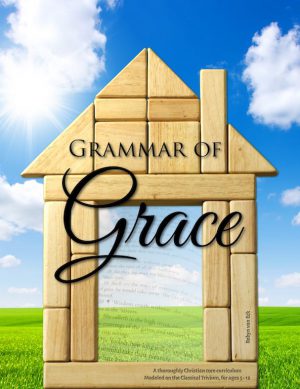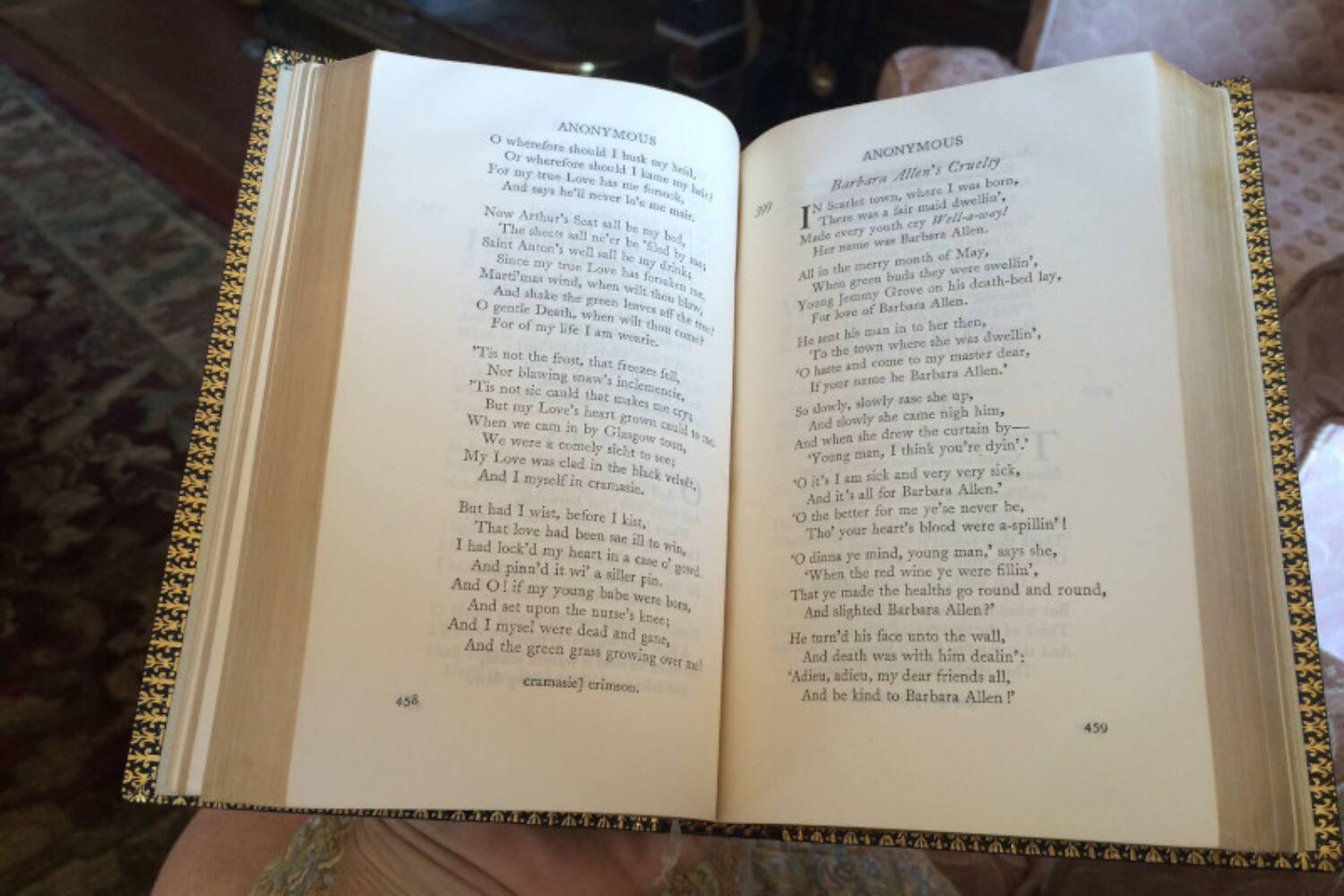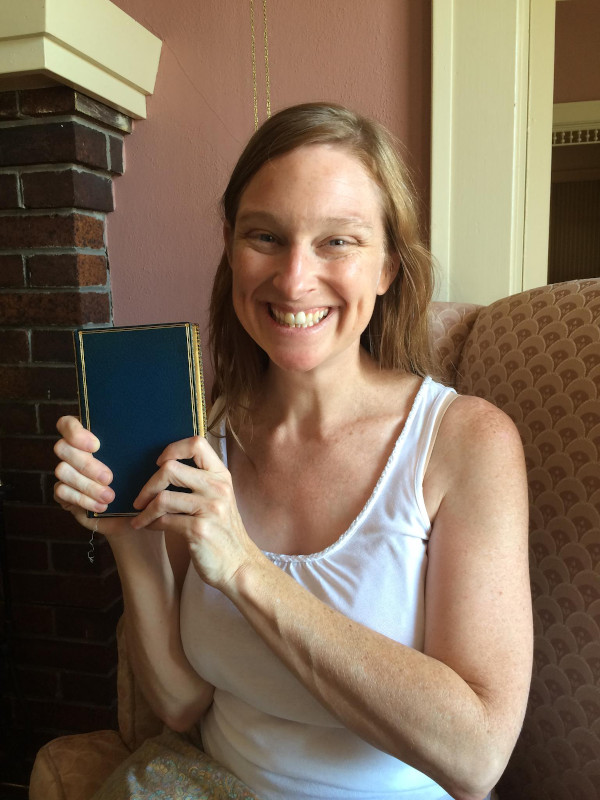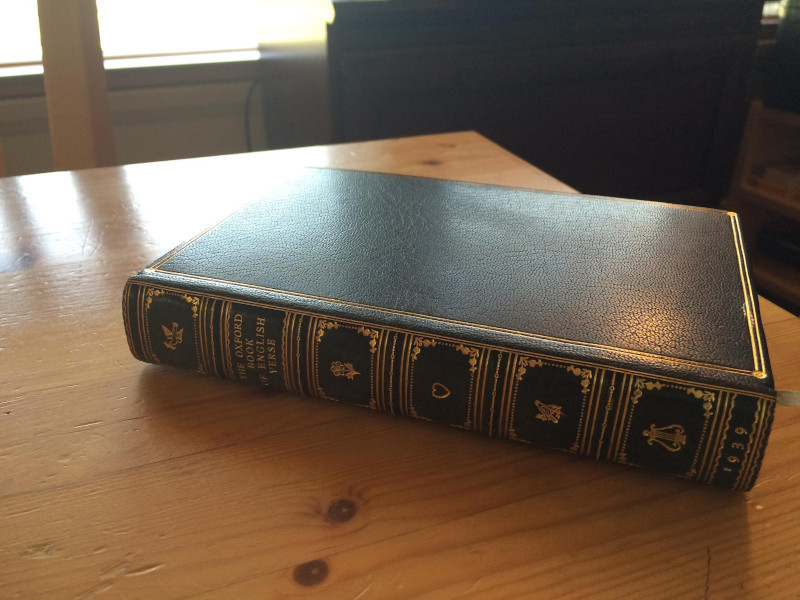Originally published July 9, 2016; updated March 25, 2020.
I have it on good authority that, next to the Bible, if you only have one book in your library, it should be the Arthur Quiller Couch edition of the Oxford Book of English Verse. Okay, it was George Grant of King’s Meadow who said it… if he’s not a good authority on this sort of thing I don’t know who is.
So on his recommendation, I got myself a copy of “the Q edition” of the Oxford Book of English Verse. It has been a delightful addition to our home. I found a pristine copy for about $60 in an antique shop online, and feel like I made The Find of the decade.
Don’t I just look like I ought to be running around in Dead Poet’s Society? Minus the humanism, of course.
Well, today, I just stumbled upon it online, for free! So, my gift to you, today, is that you can delight in this treasury in your own home, for free.
This link goes to a poem by Chaucer, the one I read to the children today. I was looking for a copy that I could easily print so we could memorize it, and there was the whole Oxford Book of English Verse! How can the Whole World not know about this?
From the page I linked to, you can page through the 900+ selections, or navigate to a page where you can go by author, etc. The Oxford Book of English Verse is arranged, more or less, in order of time period: The first few ones are Middle English—practically another language, then early Modern English follows—like Milton, and most of the book contains works by the romantics—in language we can more readily understand.
Treat it like art; don’t skim through as if this were someone’s facebook post.
You gaze at it for awhile, looking at details, thinking about what you’re seeing. I usually read a poem to the children more than once. The first time, I’m happy if I can just figure out what the main idea is (I went to public school..). Then, once we’ve figured that out, we go back and read it again. If I can’t cipher it, I figure maybe, the next time through the book, I’ll be smarter and understand it better, then. No problem; try another one tomorrow.
I hope you enjoy this free find! We’re bringing back thinking.
Do you have a fabulous literary find to share with us?
Thanks for dropping by; please keep us in prayer!
Recommended Resource
-

Grammar of Grace
$89.00 – $148.00 Select options This product has multiple variants. The options may be chosen on the product page



